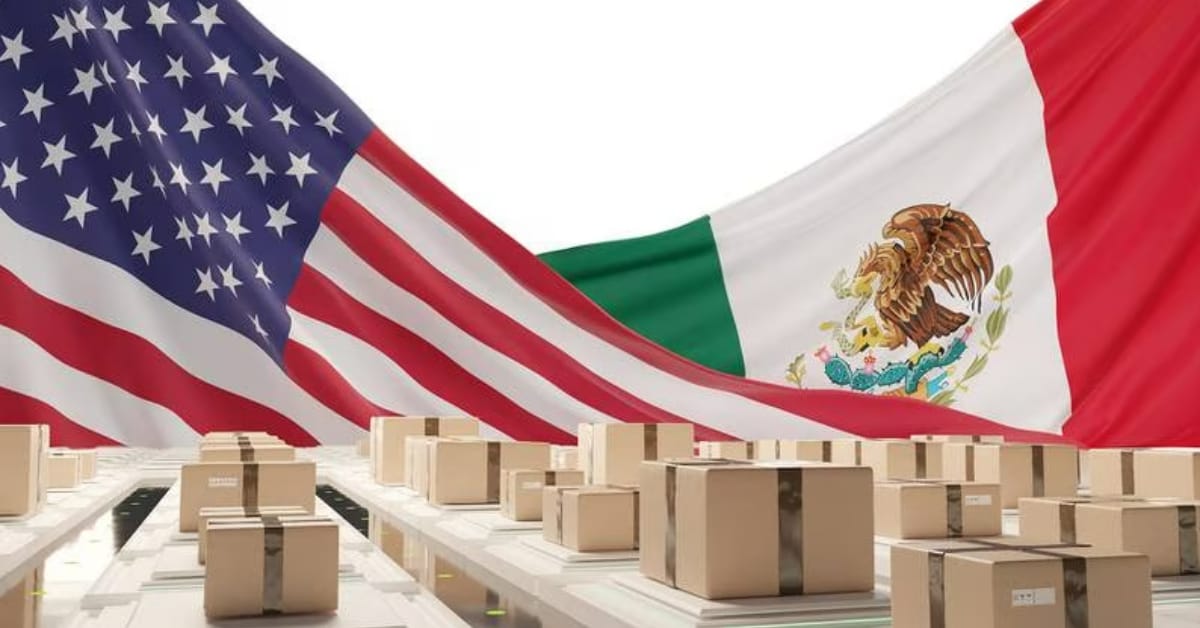Holy mother of pearl! Just when you thought the market couldn’t throw another curveball, Trump decides to slap tariffs on goods Israel imports into the US. And as expected, the Tel Aviv Stock Exchange is getting absolutely hammered.

This morning, opening bell saw the TA35 index plunge a hefty 2.5%, the TA90 took a hit of over 1.5%, and the banking sector is down a painful 3%. But the real bloodbath seems to be in insurance, sinking a gut-wrenching 4%! This isn’t just about Israel, folks; it’s a warning shot.
Let’s unpack this a bit. Tariffs, simply put, are taxes on imported goods. They’re designed to make imported products more expensive, theoretically boosting domestic production. However, they can also spark retaliatory tariffs, creating trade wars.
Trade wars, as history shows us, rarely have winners. They disrupt supply chains, increase costs for businesses and consumers, and inject a hefty dose of uncertainty into the market. So, this move feels…reckless, to put it mildly.
Think about it: Israel is a key US ally and trading partner. Slapping tariffs on them out of the blue doesn’t scream ‘strategic economic policy’—it screams ‘chaos.’ This further solidifies the notion that Trump’s economic strategy is driven by impulse rather than careful calculation. And honestly, the market is starting to feel the burn.
The ripple effects are inevitable. We could see further declines in Israeli stocks, and potentially broader market instability. My advice? Buckle up, because this could get bumpy. Diversification is key, and don’t be afraid to protect your capital.
Understanding Tariffs & Market Reactions:
Tariffs are essentially taxes imposed on imported and exported goods. They aim to protect domestic industries.
These measures can lead to increased prices for consumers and businesses, impacting overall economic growth.
Market reactions often involve immediate stock declines, reflecting investor uncertainty and fear.
Retaliatory tariffs from other countries are common, escalating trade tensions.
Long-term impacts can include disruptions in global supply chains and reduced international trade.






